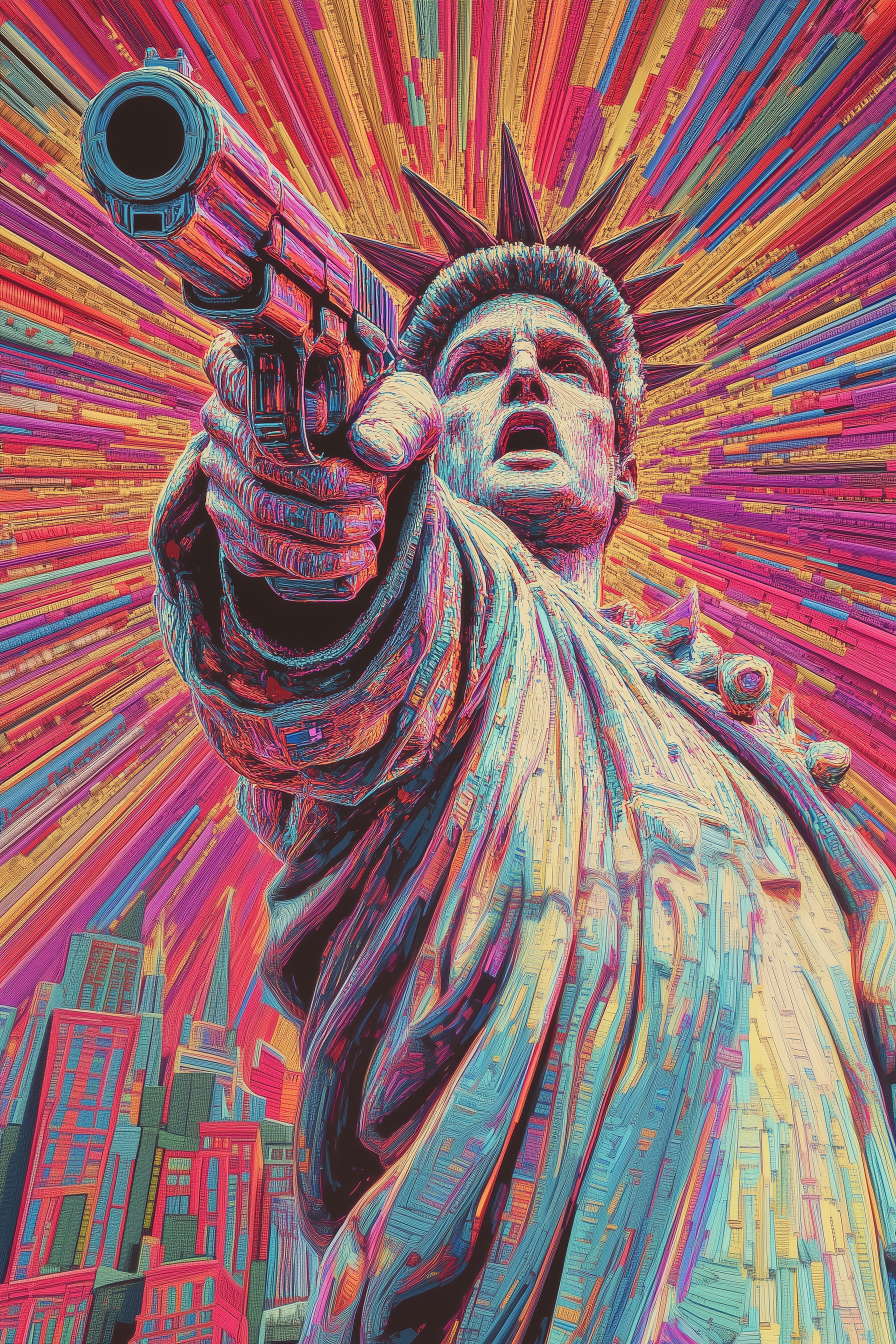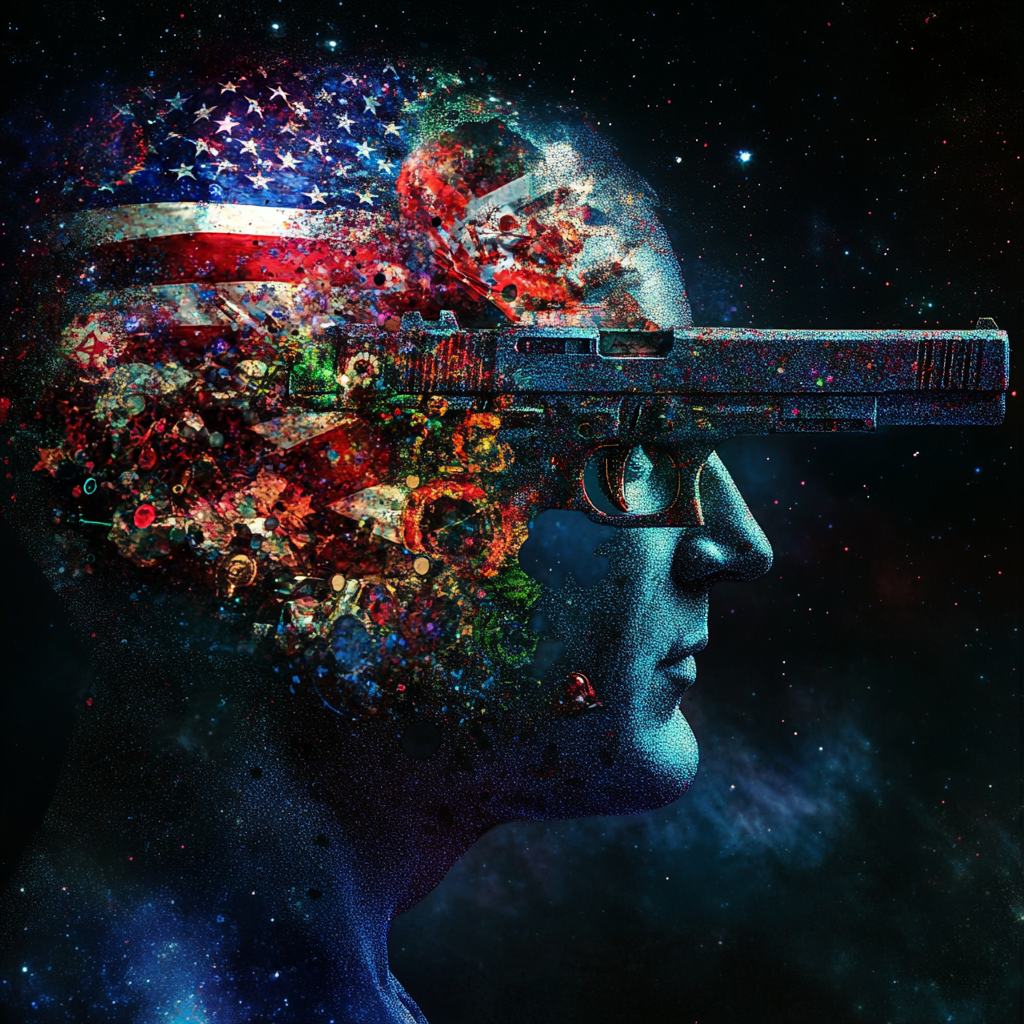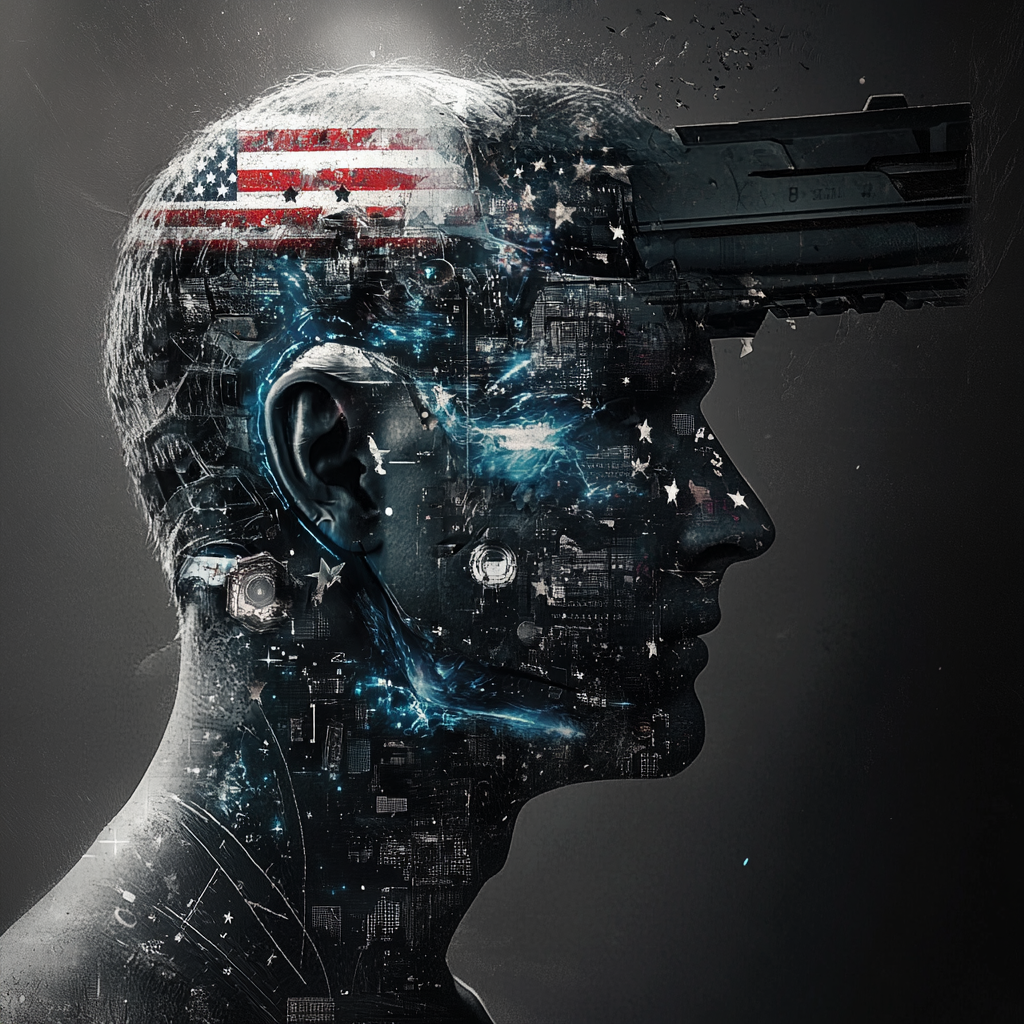
The concept of a coach being the most in-demand job today touches on a profound shift in the way we value expertise and mentorship. In the past, apprenticeships were the norm, where knowledge was passed down from an experienced master to a younger, eager learner. This tradition persists in the modern context, but we now call it “coaching.” Whether in sports, business, fitness, or even life itself, coaching has become essential. Why? Because people need guidance not only in learning but also in refining the process to excel and reach their goals. The coach is there to help one unlock potential, to shape raw talent into something extraordinary.
A coach, in this way, is similar to a political strategist or even a general in warfare. They are not on the battlefield themselves, but their strategies, principles, and experience define the outcomes. This relationship is about symbiosis—where the player executes, the coach orchestrates, and together they achieve something neither could do alone. This dynamic gives rise to the question: Who holds more power, the one who acts or the one who designs the action?
Young people often prioritize agility and adaptability over loyalty to a system or a team. In both sports and politics, they may not care about the institution as much as the opportunity to play the game on their own terms. This is perhaps reflective of broader societal trends—an aversion to dogma or structures perceived as stifling, and a preference for individualism and skill mastery.
However, within that space lies an irony. While players or actors may seem to be the stars, the coach remains indispensable. The "old timer" in your metaphor, while perhaps less visible, is the engine of insight, experience, and direction. Like political leaders or strategists, their strength lies in their ability to shape the narrative and create winning frameworks—whether those frameworks are debates, policies, or game plans.
The polemic part of this debate arises when we consider the value of “talk” versus “action.” Talk alone—debates, discussions, or ideologies without execution—can often feel empty. But action without purpose, without strategy, is equally flawed. In a world increasingly obsessed with output, measurable success, and results, the “players” (the actors, doers, performers) may outshine the coaches temporarily, but without that vision, the story could fall flat. In both politics and in any kind of performance, whether sports or business, the best outcomes occur when there is alignment between strategy and execution, when coaching transforms ability into results.
Coaching, in a sense, is the bridge between intellect and execution. Without the sharp edge of practical action, intellectual discourse is stagnant; and without intellectual underpinnings, action is often short-sighted and unsustainable.
Would you argue, then, that true power lies in the coach or in the player? Perhaps it is neither, but in the harmonious balance of both, where the wisdom of experience meets the energy of youth. This balance allows for progress while still respecting the play, the fun, and the spirit of the game—a lesson both politics and coaching could heed.
The consequences of human teachings passed down over time—whether through religious texts, cultural traditions, protocols, or agreements—shape the very fabric of society and the trajectory of our collective action. These teachings act as roadmaps that guide future generations in navigating life’s complexities. Much like the relationship between a coach and a player, they represent accumulated wisdom that, while originating in the past, is designed to influence and even control future behavior. The continuity of such teachings reveals an inherent human desire for structure, meaning, and predictability, but it also raises critical questions about agency, adaptability, and the balance between tradition and innovation.
Religious Texts and the Legacy of Thought
Religious texts, perhaps more than any other form of human knowledge, embody teachings intended to endure across generations. Whether it be the Bible, the Quran, the Vedas, or other sacred writings, these texts are imbued with narratives, laws, and moral codes meant to influence not just individuals but entire civilizations. They offer a form of continuity, a collective understanding of the universe and humanity’s place within it, passed down through ritual, instruction, and faith.
But there’s a paradox within this system. On one hand, religious teachings provide a framework of stability—a way for people to make sense of their existence, to connect with the divine, and to build ethical structures. On the other hand, these very teachings can become rigid, stifling creativity or adaptation. The question then becomes: how do future generations “play” within the rules set by past generations? Are they confined to merely executing the vision passed down to them, or do they have the freedom to reinterpret, reshape, and innovate within those frameworks?
This tension between tradition and flexibility is visible in religious reformations, schisms, and reinterpretations. For example, the Protestant Reformation challenged long-standing Catholic doctrines, reshaping the course of Christianity and European politics. In this sense, teachings passed down do not just dictate future action—they become the field of play where new visions are forged, and new interpretations take shape, often leading to profound societal shifts.
Protocols, Trade Agreements, and Economic Influence
Similarly, protocols, trade agreements, and political treaties are designed with the future in mind. They set parameters for how nations, corporations, and individuals interact within global or regional frameworks. These agreements often arise out of necessity, compromise, or strategic advantage. Just as a coach lays out a game plan for a team, these documents aim to steer the "play" of international relations and economic actions for generations to come.
For instance, agreements like the World Trade Organization’s regulations or the North American Free Trade Agreement (NAFTA) were designed to establish rules of engagement in a global economy. The architects of these agreements sought to create systems that would govern trade, labor, and investment far into the future, ideally creating stability, mutual benefit, and predictability. However, just as with religious texts, there’s an inherent risk in this type of rigidity.
When future generations find themselves bound by agreements made long before their time, they are left with the challenge of negotiating within those parameters. As the world changes—economically, technologically, and politically—protocols set decades ago may no longer fit the evolving landscape. Consider the renegotiation of NAFTA into the United States-Mexico-Canada Agreement (USMCA). This was an acknowledgment that the original terms no longer met the needs of the modern world, and yet the framework of trade agreements remains essential to global stability.
The interplay between adherence to these agreements and the necessity for change is much like the relationship between tradition and action. We are bound by the past’s wisdom but are also required to innovate and challenge those limits when they no longer serve the collective good.
The Weight of Legacy in Human “Play”
At the heart of both religious teachings and protocols lies a form of trust in the wisdom of the past. The creators of these systems believed that the rules they set down would offer guidance for future generations, assuming those generations would remain committed to the same values, needs, and objectives. However, human play—whether it’s the game of life, politics, or economics—is dynamic. It evolves. Future generations don’t simply “play” within the systems they inherit; they must also reckon with them, deciding whether to adapt, reinterpret, or break free.
The weight of legacy, then, is a double-edged sword. On one hand, it offers the stability and structure necessary for progress. On the other hand, it can constrain future creativity, action, and freedom. This tension is at the heart of many historical movements, whether they be religious reformations, revolutions, or economic upheavals. The desire to honor the past while making room for the future defines much of human conflict and resolution.
The Coach, the Player, and the Role of the Future
Returning to the metaphor of the coach and the player, we see that past teachings are like the coach’s playbook. They provide a strategy for success based on experience and accumulated knowledge. But the player—the future generation—must still perform. They must execute, innovate, and, when necessary, deviate from the plan. Without action, the teachings remain abstract, mere concepts devoid of real-world impact.
This dynamic mirrors the broader human experience. We inherit teachings, laws, systems, and beliefs from those who came before us, but it is our task to act within—or against—them, to reshape them to fit our moment. The future is a game in constant motion, and while the coach may offer wisdom, the player ultimately determines the outcome. The teachings passed down are not static rules to be followed blindly; they are guides to be interpreted, challenged, and reimagined.
In the end, human progress is the result of this dance between tradition and innovation, between the coach’s strategy and the player’s improvisation. As we continue to inherit the frameworks of the past—whether they be religious, political, or economic—the true challenge will be how we play the game: with respect for the wisdom of the old timers, but with the freedom and creativity to carve our own paths forward.

And the hollow game.
This brings us to a critical aspect of any game or system: the bystanders who don’t care about the quality of the play, the values upheld, or the respect involved, but are still invested in the outcomes for personal gain. In a sense, these are the “rich people,” the landlords, or those in positions of power who, while detached from the actual game, manipulate and exploit the system for their own benefit. Their relationship to the game is one of opportunism rather than engagement, and their role often undermines the integrity of both the players and the coaches.
The Detached Elite: Indifference and Exploitation
Wealthy elites and those out of the direct line of “play” occupy a unique position. In many ways, they don’t need to participate in the game—they already have enough power, resources, or status to remain above the fray. Their detachment from the game breeds a kind of indifference to its beauty, its rules, or the quality of play. Whether a game is played with respect, strategy, and honor means little to those who exist beyond its consequences. They only care when the game offers them something: profit, control, or more power.
In this sense, the rich can be likened to absentee landlords who, though they own the land, are not involved in its cultivation. The quality of the soil, the well-being of the tenant farmers, or the ethical management of the estate is irrelevant to them as long as the rent is paid. Their interest lies solely in extracting value from the system, regardless of how the system functions for the players on the ground. This mentality pervades many spheres of human activity—politics, economics, sports, even education. Those with money and influence often remain untouched by the struggles of those who actually have to live within the system.
The Game Without Integrity: When Profit Erodes Values
When the detached elite become involved in the game, it’s rarely to improve the quality of play or enhance the experience for the players or coaches. Instead, their primary motivation is often profit, and this leads to the erosion of values, respect, and integrity within the game. Consider the world of professional sports, where wealthy team owners or corporate sponsors may prioritize profit over the spirit of competition. They are indifferent to whether the game is played with skill, respect, or fairness as long as it generates revenue. This commodification of the game turns it into a spectacle devoid of meaning or purpose beyond its ability to entertain or sell tickets.
The same can be said for politics and economics. When the wealthy and powerful engage with these systems, they often do so in ways that prioritize short-term gain over long-term sustainability or justice. Trade agreements, for example, can be influenced by corporate interests that seek to exploit loopholes for profit, regardless of the consequences for local industries, workers, or the environment. The detached elite may manipulate political systems to secure tax breaks, deregulation, or advantageous contracts, all while remaining indifferent to the effects these decisions have on the broader population.
This dynamic can be especially harmful when it comes to housing and real estate. Landlords who are primarily motivated by profit may raise rents indiscriminately, neglect maintenance, or engage in exploitative practices that make life more difficult for tenants. In this way, they treat housing not as a basic human need but as a commodity to be exploited. The players in this case—the tenants—are at the mercy of landlords who, like the rich out of the game, care little for their well-being as long as they can extract financial gain.
The Dehumanization of Players and Coaches
One of the most dangerous consequences of this detachment is the dehumanization of the players and coaches who are actually in the game. To those who view the system as a means of profit, the participants become mere tools, objects to be used in pursuit of wealth or power. This is evident in exploitative labor practices, where workers are seen as nothing more than cogs in a machine, their well-being secondary to their productivity. The same can be said of political actors who view voters as pawns to be manipulated rather than people with real needs and concerns.
This dehumanization leads to a breakdown in the very values that make the game worth playing. Respect, fairness, and dignity are sacrificed in the pursuit of profit or control. Those who are detached from the game are able to justify their exploitation because they are removed from the consequences of their actions. They don’t see the players as individuals with hopes, dreams, and rights, but rather as resources to be managed and exploited. This mentality creates a world in which power and wealth are concentrated in the hands of the few, while the many are left to suffer the consequences of decisions made by those who have no stake in the quality of the game.
The Spectacle of Power: Profit over Participation
For the detached elite, the game often becomes little more than a spectacle—something to watch from the luxury boxes rather than engage with on the field. This spectacle is appealing because it allows them to reap the rewards of participation without the risk of failure or hardship. They can manipulate the system from the sidelines, profiting from the struggles of others while remaining immune to the consequences.
This is particularly true in systems like capitalism, where the accumulation of wealth allows the rich to opt out of the struggles faced by the working class. They don’t need to worry about job security, health care, or housing because their wealth insulates them from these concerns. This insulation allows them to remain indifferent to the struggles of others, or worse, to exploit those struggles for their own gain.
In many ways, this mirrors the political landscape, where those in positions of power may manipulate voters or public opinion for their own ends while remaining detached from the consequences of their policies. They can exploit divisive issues, stoke fear or resentment, and play on emotions to secure their position, all without ever having to engage with the real-world impact of their actions. For them, the game is not about the quality of the play, but about maintaining their own power and influence.
A Game Rigged Against the Players
Ultimately, the presence of those who are out of the game but still profit from it creates a rigged system. The players, who must engage with the game directly, are at a disadvantage because the rules are often bent in favor of those who control the system from the outside. The wealthy and powerful can manipulate markets, politics, and even cultural narratives to serve their interests, all while avoiding the consequences of their actions.

This creates a sense of futility for many players and coaches, who realize that no matter how well they play the game, the outcome is often determined by forces beyond their control. The system becomes less about skill, integrity, or strategy, and more about the whims of those who stand to profit from it.
In this way, the game ceases to be a fair competition and becomes a vehicle for exploitation. The rules are bent, the players are commodified, and the outcomes are predetermined by those who hold power. For those who are actually in the game, this realization can lead to disillusionment, resentment, or even rebellion. The tension between those who play the game and those who exploit it is a defining feature of many social, political, and economic conflicts throughout history.
Conclusion: The Hollow Game
In the end, a game that is dominated by those who profit from it but don’t participate in it becomes hollow. It loses its meaning, its beauty, and its sense of fairness. The players and coaches who are actually in the game are left to navigate a system that often seems stacked against them, while those on the sidelines reap the rewards without ever getting their hands dirty. This dynamic reflects broader social and political realities, where wealth and power allow some to detach themselves from the struggles of others while still profiting from those struggles. The challenge, then, is to create systems where the integrity of the game is restored, where those who participate are given a fair chance to succeed, and where exploitation is not rewarded over genuine skill and effort.



